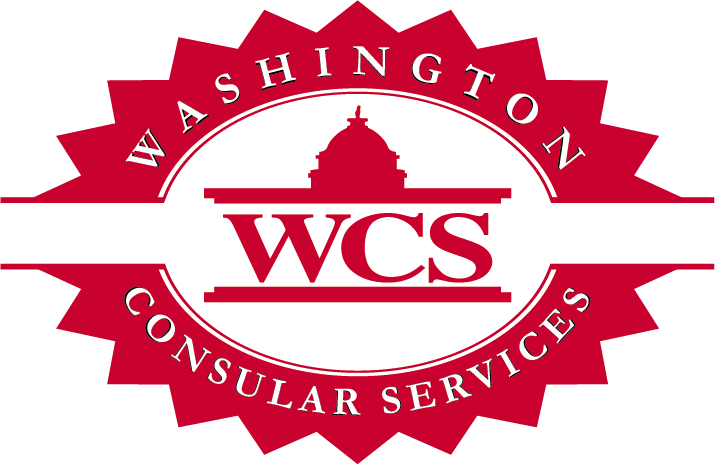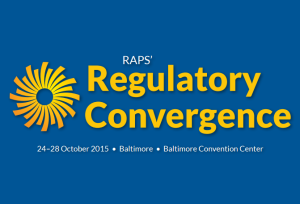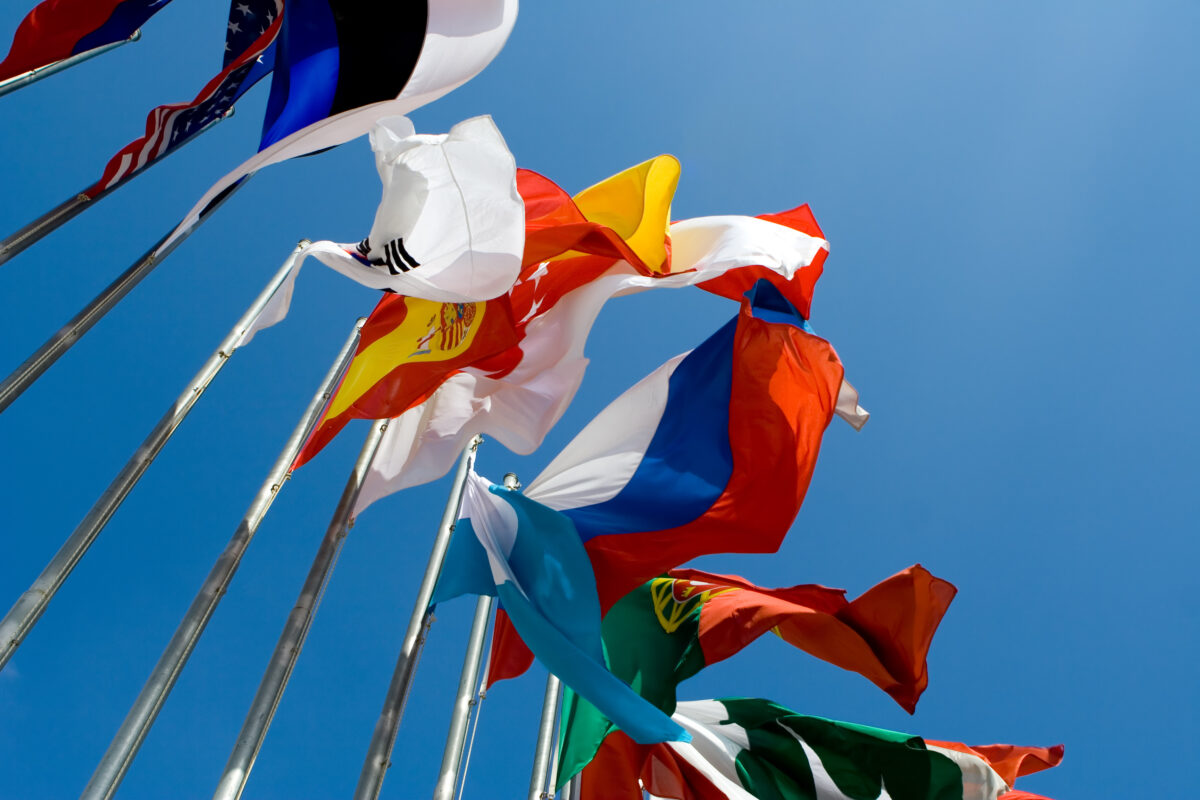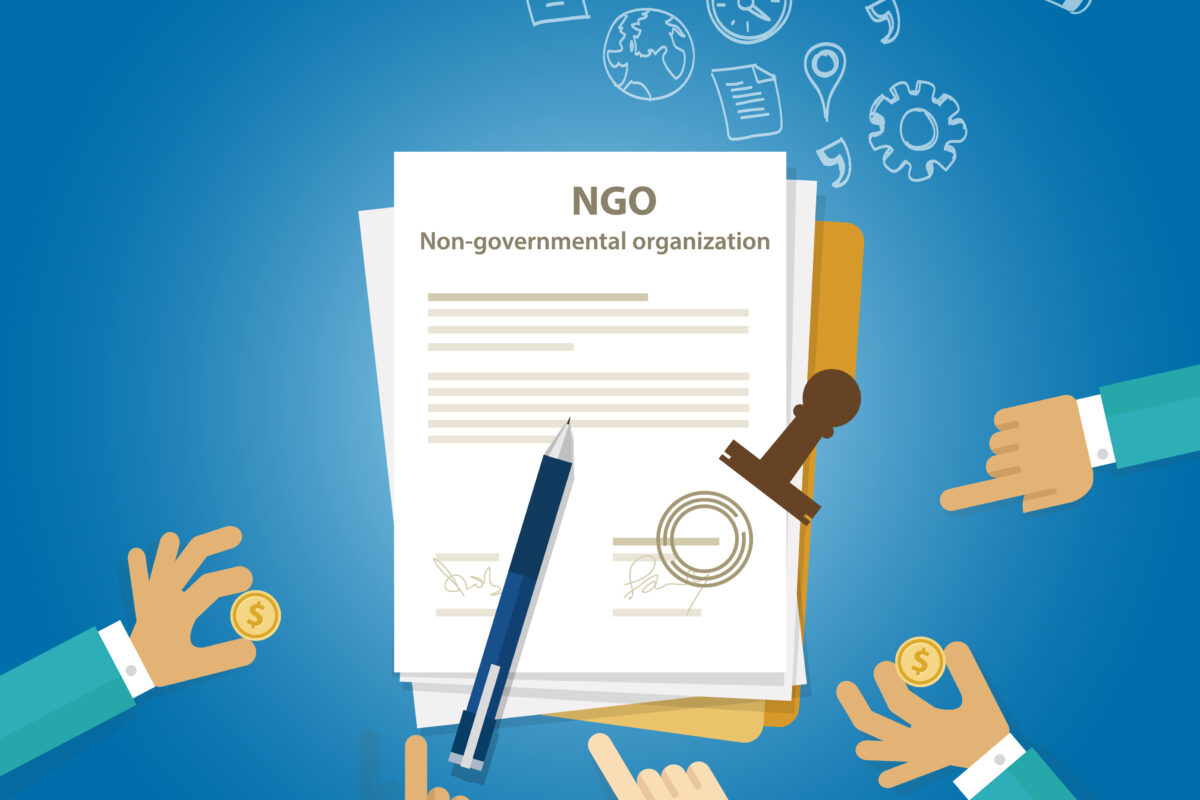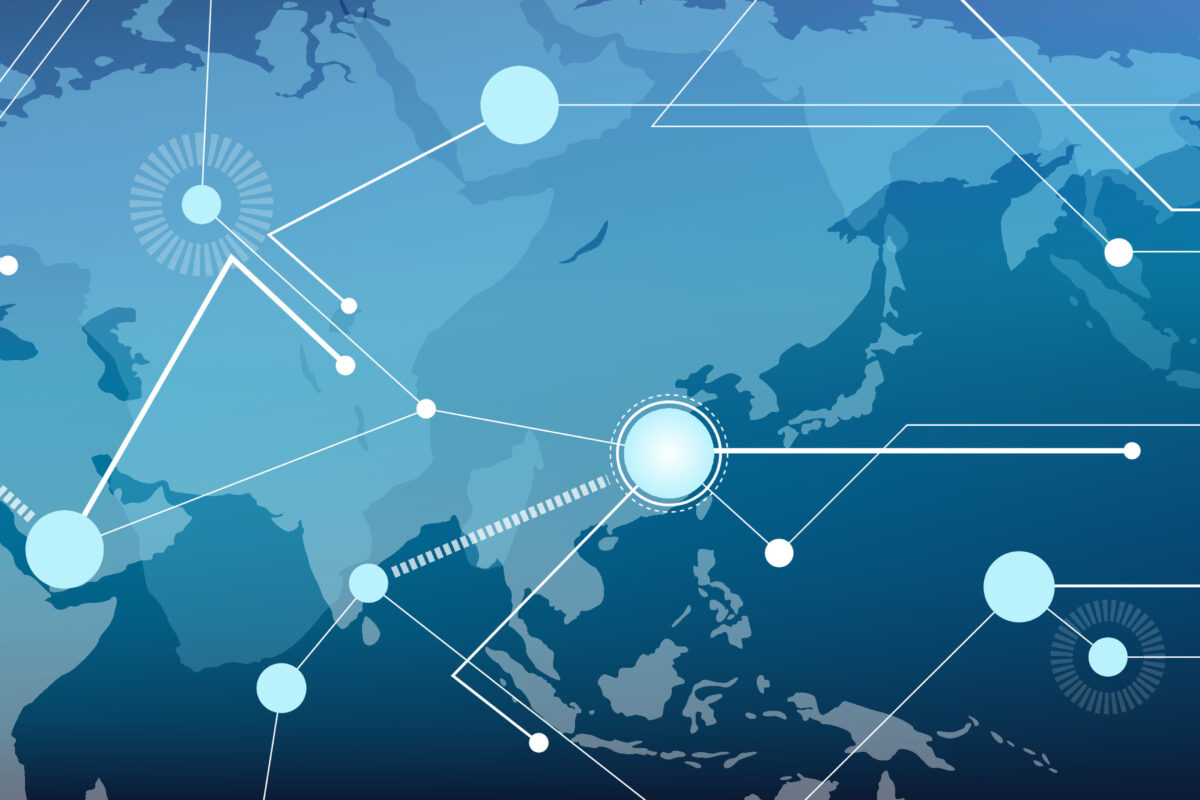Having just returned from the Medical Device Manufacturer’s Association meeting in Washington, DC, I must relate a conversation I had with an Executive from a major medical device manufacturing company.
After explaining that I worked for WCS, the premier document authentication and legalization company in the industry, he proceeded to tell me how he viewed the regulatory department at his company.
He related that when he reports to the Board of Directors, he describes Regulatory Affairs division as an asset, not an expense to the company. Indeed, he said the work they do in RA is as important as any other work in the organization and directly relates to bottom line results.
To make his point with the Board, he explained the following:
- Our company generates approximately $2.4 billion in annual revenue;
- That means the company generates approximately $200 million in monthly revenue;
- Accordingly, it costs the company $6.6 million dollars for each day’s delay in getting products legally available for sale overseas.
$6.6 million dollars…every day!
This is how efficient document processing makes money for overseas businesses. So, if you’re not focusing on efficiency in your overseas document processing, you may be costing your company a lot of money. Maybe much more than you think!
Want to know how we can help?
Contact the VP of business development at Washington Consular Services today!
20 Courthouse Square, Suite 219
Rockville, MD 20850
(301) 605-1800
David L. Watt, VP Business Development
